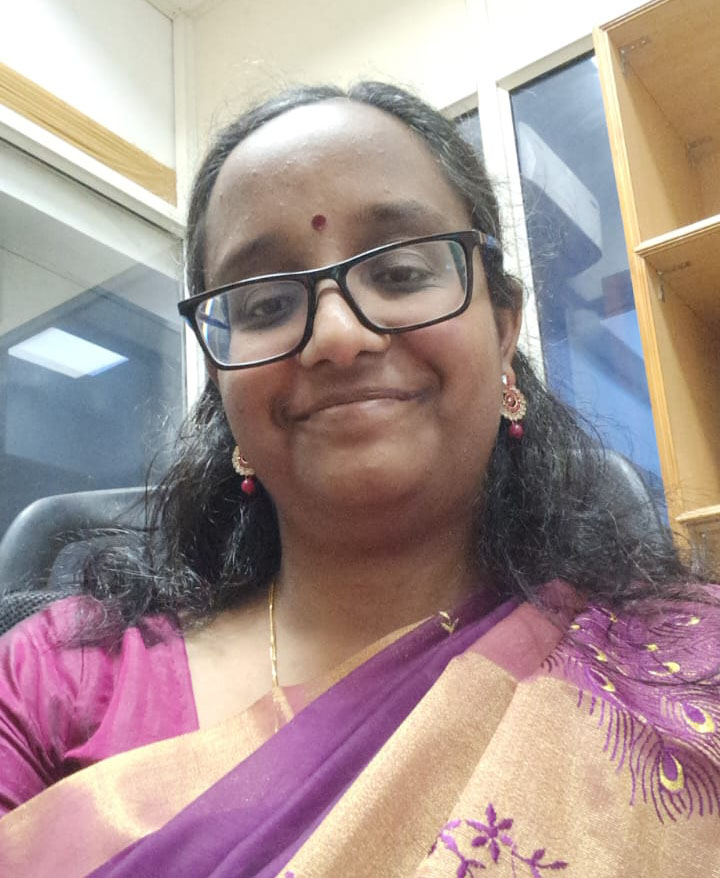
Profile
The membrane trafficking system is a defining feature of eukaryotes. After the advent of prokaryotes, it took an unusually long amount of time, ~2000 million years for eukaryogenesis. Endosymbiosis of an α-proteobacterium by early archaeal cells resulted in the advent of mitochondria. With these powerhouses, cells could move the energy production from the surface to within. This removed the surface-to-volume constraints possibly allowing eukaryogenesis to take place.
Like present day prokaryotes that release vesicles to their surroundings, present day mitochondria also release mitochondria-derived vesicles (MDVs). While very less is known about their functions in the cell, its likely that these early class of vesicles played a key role in shaping the present endomembrane system.
The focus of my lab is the trafficking of these MDVs, their cargo selection and role in mitochondrial quality control as well as inter-organellar communication. We hope to study this in the cardiac and endothelial cells to discover new ways to help maintain mitochondrial network quality. The research could lead to novel ways of maintaining mitochondrial functionality in various chronic cardiovascular diseases which are characterised by mitochondrial dysfunction. We are also interested in cytoskeletal regulators of mitochondrial function in cardiac and endothelial cells.
Academic Positions
-
Scientist C
Rajiv Gandhi Centre for Biotechnology
-
Assistant Professor Grade I
IIT (ISM) Dhanbad
-
DBT Ramalingaswami Fellow
Rajiv Gandhi Centre for Biotechnology
-
Postdoctoral Research Associate
University of Bristol, UK
-
Visiting Research Associate
CRUK Beatson's Cancer Research Institute, Glasgow, UK
Education
-
PhD Biological Sciences 2016
Indian Institute of Science, Bangalore, India
-
MS Biological Sciences 2010
Indian Institute of Science, Bangalore, India
-
BHMS 2008
Mahatma Gandhi University
-
B.Sc Zoology 2008
IGNOU
Awards
-
2020Ramalingaswami Re-entry Fellowship
-
2019Best Talk Award- British Society of Cell Biology (BSCB) at ACTIN 2019, Bristol, UK
-
2010-2015Shyama Prasad Mukherjee Fellowship (CSIR-SPM)
-
2009-2010CSIR-Junior Research Fellow (All India Rank 5)
-
2008-2010Gautam Ganguly fellowship: Awarded for securing top grades in the Integrated Ph.D. program-Biological Sciences, IISc
-
2008Bachelor's degree: First Rank and Gold Medal
-
2003DBT Fellow Awarded for scoring centum in class 12th Biology